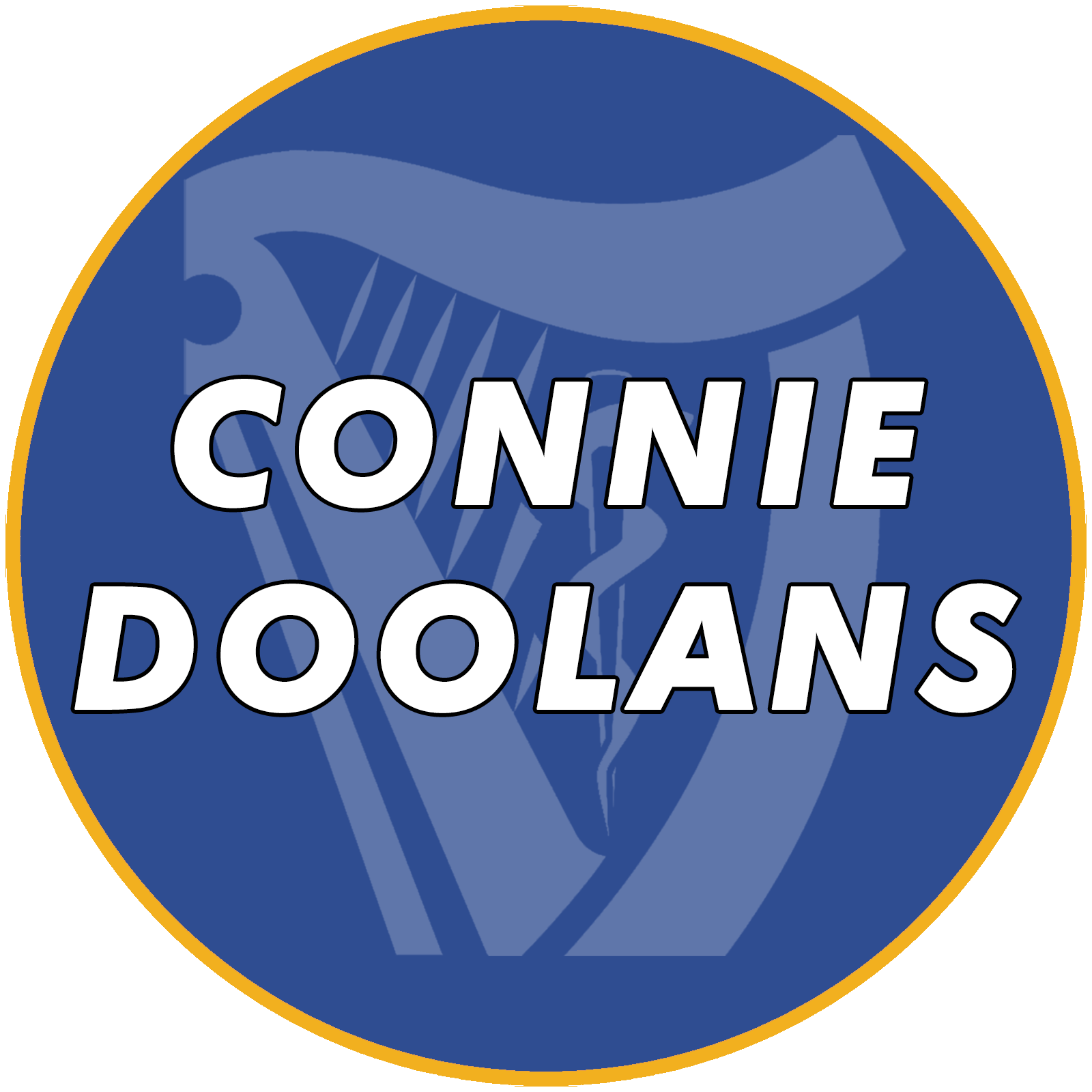User Contributions
Ask Dr. Richard: What is a “Slipped Disc”?
- Share
- Tweet /home/eastcork/public_html/wdir/wp-content/plugins/mvp-social-buttons/mvp-social-buttons.php on line 68
https://www.cobhedition.com/wdir/wp-content/uploads/2009/12/dr_richard1.gif&description=Ask Dr. Richard: What is a “Slipped Disc”?', 'pinterestShare', 'width=750,height=350'); return false;" title="Pin This Post">
 You may have heard about the word “slipped disc” which is used to describe a type of low back injury. But, vertebral discs do not actually “slip” out. Instead, they may herniated or bulge out from between the vertebral bones. A herniation is a dislodged of the central part or nucleus of the disc which is broke through a tear in the outer layer or annulus of the vertebral disc. Pain results once irritating contents are released from this tear and also if the fragment touches or squeezes a nearby nerve causing sciatica. Disc herniations have common similarities to chronic disc disease and discs which herniated are frequently in an early stage of arthritis or are degenerating. Ruptured intervertebral discs are more common in the low back or lumbar spine.
You may have heard about the word “slipped disc” which is used to describe a type of low back injury. But, vertebral discs do not actually “slip” out. Instead, they may herniated or bulge out from between the vertebral bones. A herniation is a dislodged of the central part or nucleus of the disc which is broke through a tear in the outer layer or annulus of the vertebral disc. Pain results once irritating contents are released from this tear and also if the fragment touches or squeezes a nearby nerve causing sciatica. Disc herniations have common similarities to chronic disc disease and discs which herniated are frequently in an early stage of arthritis or are degenerating. Ruptured intervertebral discs are more common in the low back or lumbar spine.
What causes discs to herniate?
Numerous factors reduce the strength and resiliency of the disc and increase the chances of disc herniation. Life style factors such as smoking, lack of regular exercise, and poor nutrition add to poor disc health. Poor posture, daily pulling and dragging, injuries or physical trauma, or incorrect lifting add to strain on the disc. If the disc comprises already, it may herniate with a individual motion or strain such as coughing or bending to pick up a pen.
How do I recognize if I have a disc herniation?
Ruptured intervertebral discs are most expected to affect people between the ages of 30 and 40. A person with a disc herniation may not have any without pain. The most common symptoms include pain in the area of the herniation that may radiate across the hips or buttocks. You may also experience siactica – pain or numbness that radiates down your leg to the ankle or foot. If the herniation is large enough, you may notice weakness when walking on your toes or heels. In severe cases of lower back disc herniations, you may experience changes in your bowel or bladder function and may have difficulty with sexual function.
How to treat disc herniations?
Mild to moderate disc herniations are usually treated effectively with stretching, exercise therapy and chiropractic adjustments. More advanced problems will often require some form of spinal decompression, such as traction or mechanical decompression, with chiropractic care.
At times, a herniation may be severe enough to warrant surgical intervention. These types of cases are usually reserved as a last resort when other forms of therapy have failed to relieve pain, or if there’s substantial compression of the spinal cord or nerves.
To prevent back pain, one of the best things to do is regular back exercises. For the 8 best exercises/stretch’s designed to help prevent back and neck pain simply go to www.cork-chiropractor.com/back and fill out the online form. Or get a your spine checked by your local chiropractor.
It’s much easier to prevent a problem than to correct one!














